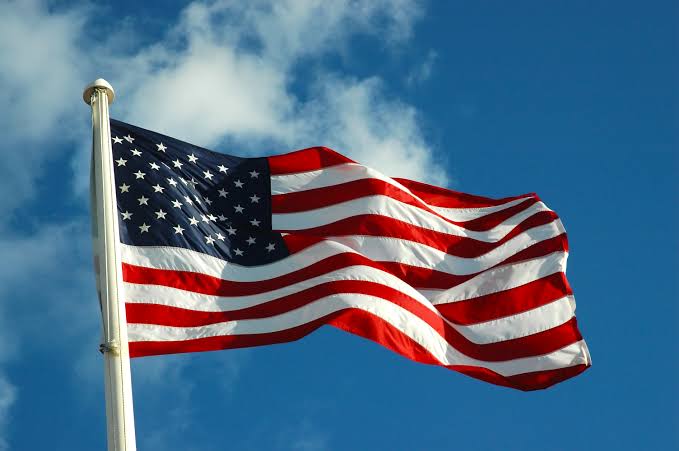WASHINGTON—The Supreme Court rejected Friday pleas from liberal-leaning states and local governments to block a Trump administration policy that penalizes immigrants for seeking public benefits during the coronavirus pandemic.
The two-sentence order, unsigned and with no dissents noted, left open the possibility of further action on the matter in district court.
New York Attorney General Letitia James said she would pursue that route.
“The public-charge rule threatens the public’s health, our economy, and all New Yorkers—citizens and non-citizens alike,” she said. “Every person who doesn’t get the health coverage they need today risks infecting another person with the coronavirus tomorrow.”
A Justice Department representative had no immediate comment.
Last August, the Department of Homeland Security tightened so-called public-charge rules, which disqualify noncitizens who take advantage of welfare programs from obtaining legal residency. In separate lawsuits, one led by New York state, the other by Cook County, Ill., challengers argued that the regulations were more restrictive than Congress had authorized.
Since the 19th century, federal law has disqualified immigrants believed likely to be “public charges.” Previous definitions applied to individuals expected to become primarily dependent on the government for a significant period.
The new rule expands the definition of public charges to include those who receive benefits such as food stamps, housing assistance or Medicaid for a total of 12 months during a three-year period.
Federal courts in New York and Chicago blocked the regulations from being implemented while the litigation continued. The Trump administration asked the Supreme Court to reinstate the regulations until their legality was resolved, and in January the justices, by a 5-4 vote along conservative-liberal lines, agreed.
Last week, the states of New York, Connecticut and Vermont, along with the city of New York, asked the high court to reconsider that decision in light of the pandemic. The New York motion asked the justices to temporarily block implementation of the new rule until the national emergency President Trump declared on March 13 ends. Cook County, which filed the parallel suit in Chicago, later made the same request.
“By deterring immigrants from accessing publicly funded health care, including programs that would enable immigrants to obtain testing and treatment for COVID-19, the Rule makes it more likely that immigrants will suffer serious illness if infected and spread the virus inadvertently to others,” the New York motion said. The regulation “is impeding efforts to stop the spread of the coronavirus, preserve scarce hospital capacity and medical supplies, and protect the lives of everyone in our communities—citizens and noncitizens alike.”
In response, the Justice Department told the court Wednesday it already was taking steps to apply the public-charge rule in light of the coronavirus emergency. “The government will exclude from consideration the receipt of any public benefits related to COVID-19 care—including testing, treatment, preventive care, and vaccinations—when making public-charge inadmissibility determinations,” the department’s brief said, and emergency services funded by Medicaid never were included in the calculus.
Additionally, DHS “considers the receipt of public benefits as only one consideration among a number of factors and considerations in the totality of the alien’s circumstances over a period of time with no single factor being outcome determinative,” the government said.
WSJ
